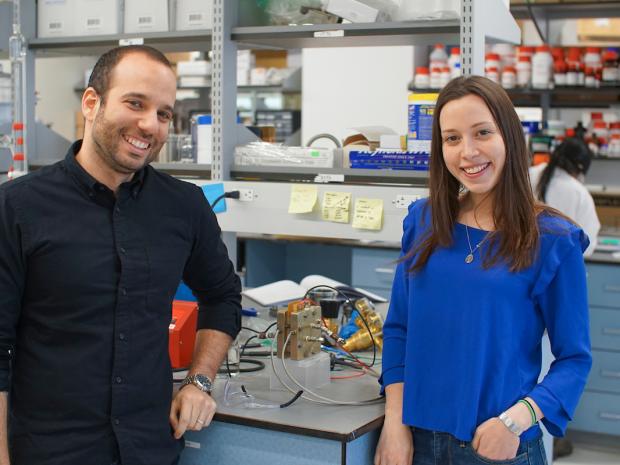NYU Tandon Ph.D. Mentor/Mentee Guidelines

Positive, collaborative, and productive mentor-mentee relationships are critically important for the academic success of doctoral students, engendering mutual respect, shared understanding of expectations, and successful collaboration between students and their faculty mentors. The successful completion of Tandon’s doctoral program requires a serious commitment of time and effort from students and faculty mentors. Below we outline a set of general expectations for both; individual mentors and mentees are encouraged to discuss an agreed-upon framework to arrive at a shared understanding of educational expectations.
Mentors and Mentees are required to abide by the NYU Doctoral Student Mentoring Guidelines, the NYU Code of Ethical Conduct, and should be guided by Tandon’s commitment to diversity and inclusion.
Mentees are expected to take ownership over their educational experience and related research endeavors in furtherance of advancing their progress towards degree completion and cultivating their professional development. This includes but is not limited to diligently working to complete all academic and research requirements in a timely and thorough manner, and actively partnering with the appropriate advisor(s) in their department, along with their student peers, to set and meet relevant research, training, and career goals.
Mentors are expected to provide guidance to and collaborate with their student mentees to develop research goals that are novel, feasible, and of mutual interest. This includes but is not limited to mentors actively guiding mentees in the completion of important academic milestones during their program of study, and supporting them, as much as possible, in formulating and developing their academic and professional portfolio and skills.
To facilitate positive mentor/mentee relationships, we encourage mentors and mentees to be guided by the following principles:
Communication:
Mentors and mentees should practice open and honest communication.
Meetings:
Mentors and mentees should establish an agreed-upon meeting cadence and must provide reasonable advance notice if they are unable to meet at a scheduled time.
Dissertation Effort:
Mentees are expected to prioritize and work diligently toward their dissertation while in graduate school. Toward this end, mentors and mentees should clearly delineate and agree upon expectations regarding progress on the mentee’s dissertation. It may also be necessary to discuss or set specific times and boundaries to ensure a healthy balance between dissertation study and other commitments. Mentees should inform mentors as far in advance as possible of the period when they wish to take a break, and discuss with their mentors arrangements to make up any missed dissertation effort.
Personal Time:
Mentees should have a reasonable expectation of personal time during official University holidays, as well as the ability to take up to two total weeks of time off, either during the scheduled University winter break or at another time agreed-upon by both mentor and mentee.
Conflict Resolution:
Mentors and mentees are expected to make a good-faith effort to resolve conflicts in their mentoring relationship; however, if conflicts arise that are beyond the scope of what they are prepared to handle, as a next step either party should consult the Ph.D. Hub and/or their department chair for guidance.

